
Lewis & Clark: exploring America’s new frontier
The Lewis & Clark Expedition, launched in 1804, played a pivotal role in American history by mapping uncharted territories and fostering relationships with Native…
Loading posts...

The Lewis & Clark Expedition, launched in 1804, played a pivotal role in American history by mapping uncharted territories and fostering relationships with Native…
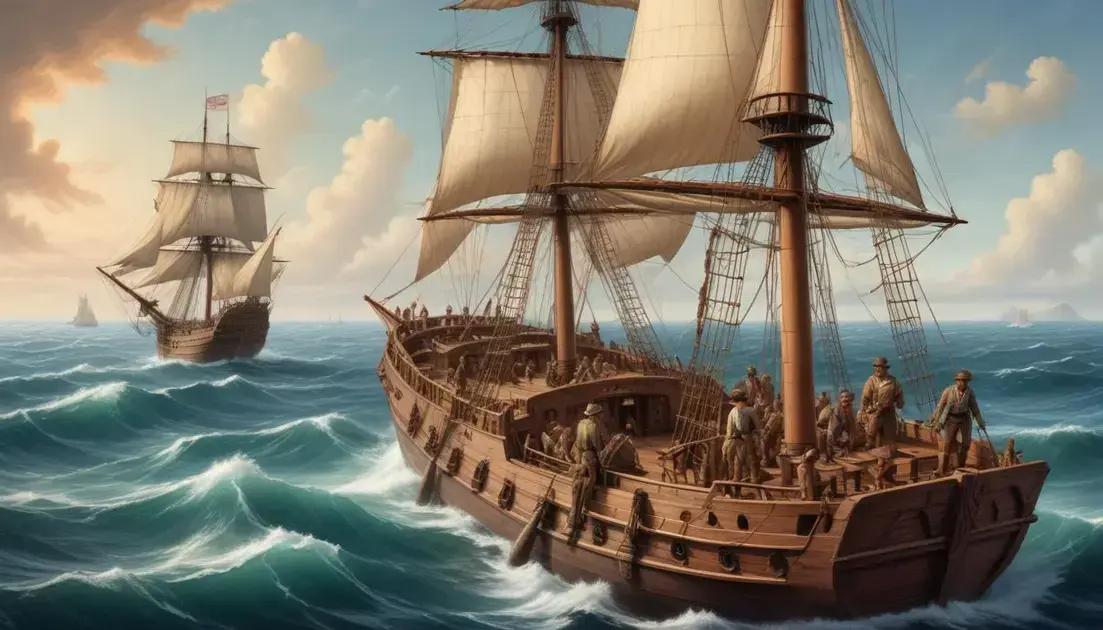
The Age of Exploration was marked by significant journeys of famous explorers like Columbus and Magellan, leading to the discovery of new lands and…

The Lewis and Clark expedition significantly shaped American history by exploring uncharted territories, mapping new lands, and documenting various plant and animal species. Their…
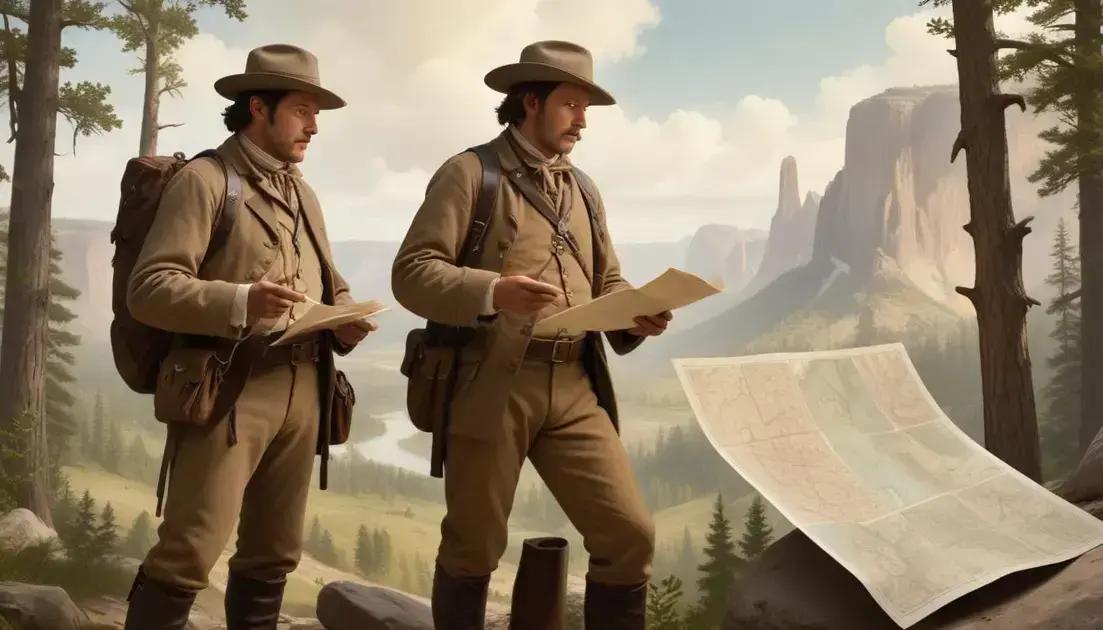
Mapping techniques and technologies are vital in understanding America's geography and cultural history. Traditional hand mapping, photogrammetry, and GIS technology reveal the land's stories…
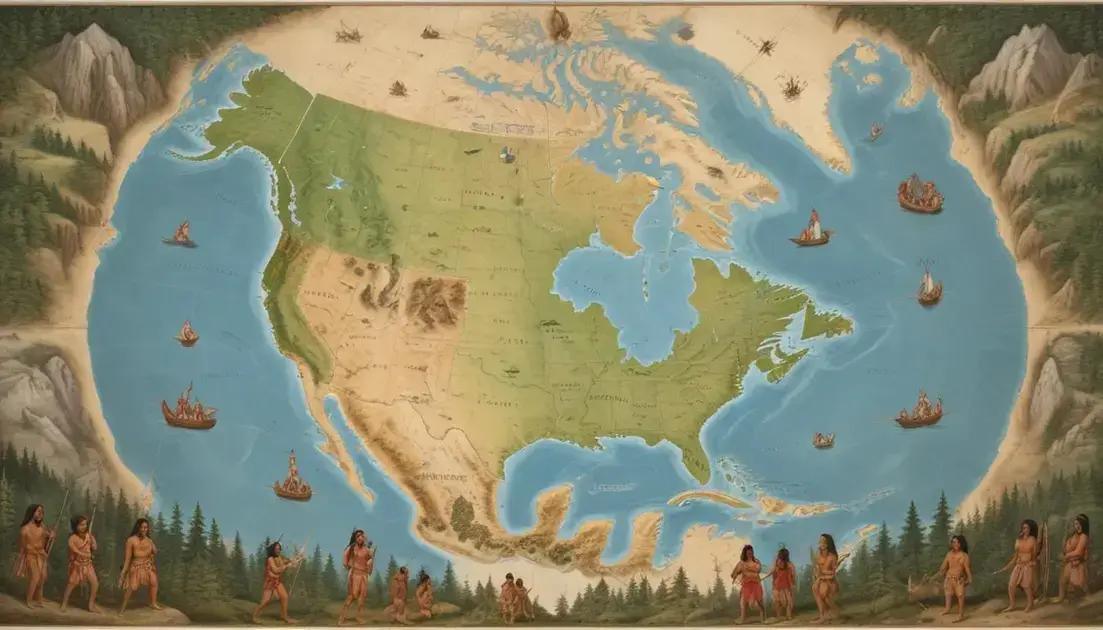
Indigenous mapping practices are rich in cultural significance and offer valuable lessons on environmental respect and community collaboration. These practices highlight the deep connections…
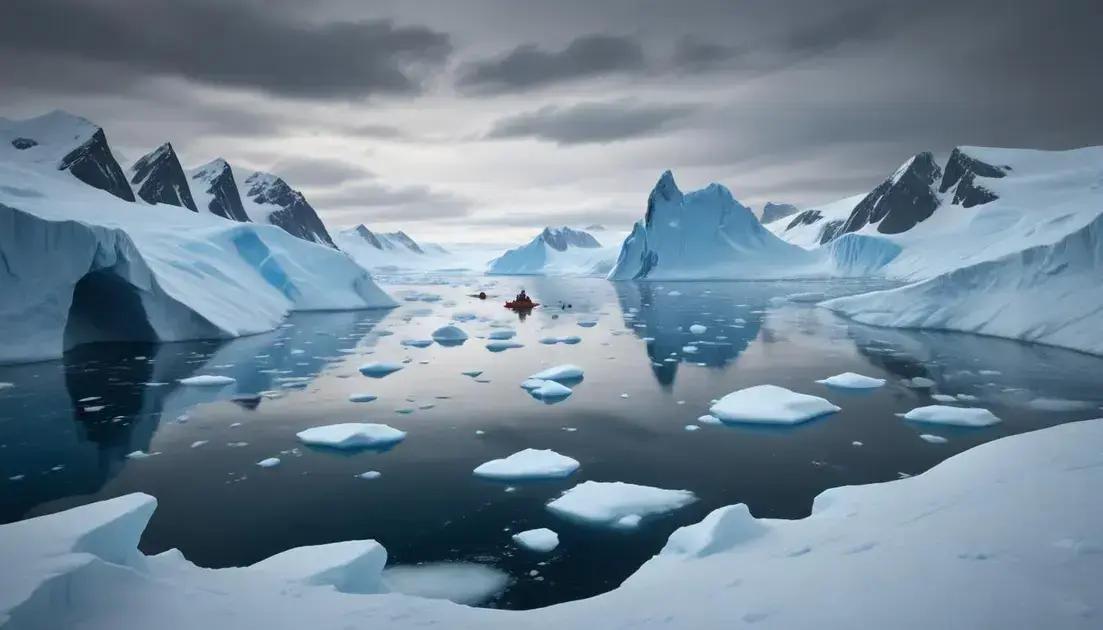
The future of Antarctic research is set to benefit from innovative technologies and international collaboration, focusing on the impacts of climate change and wildlife…
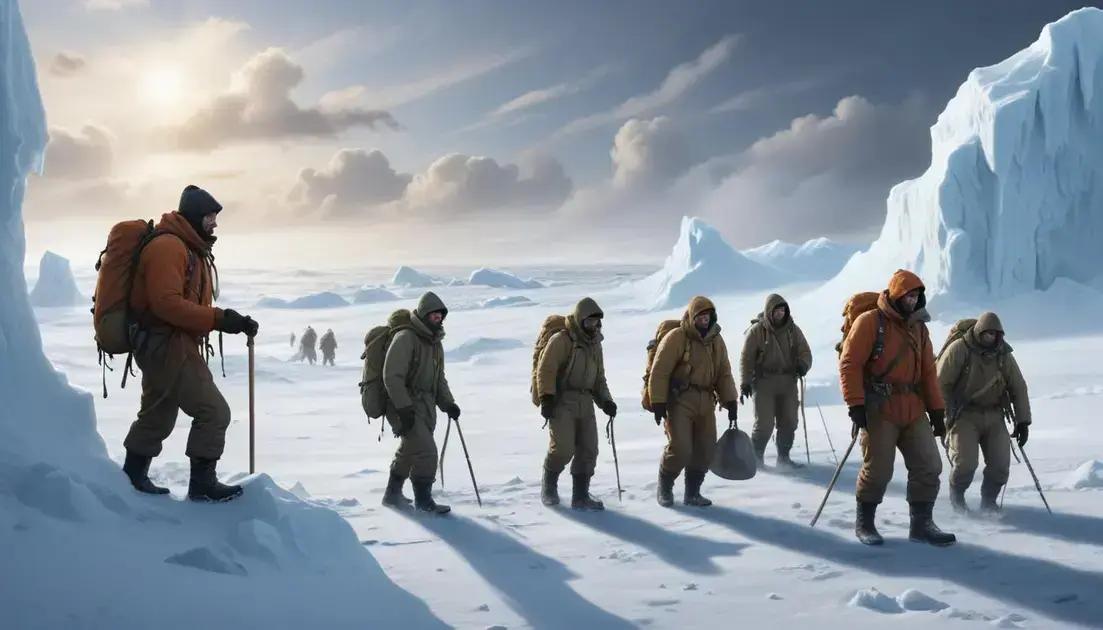
The South Pole expeditions led by Amundsen and Scott highlight key themes of heroism, preparation, and adaptability in exploration. Amundsen's strategic planning helped him…
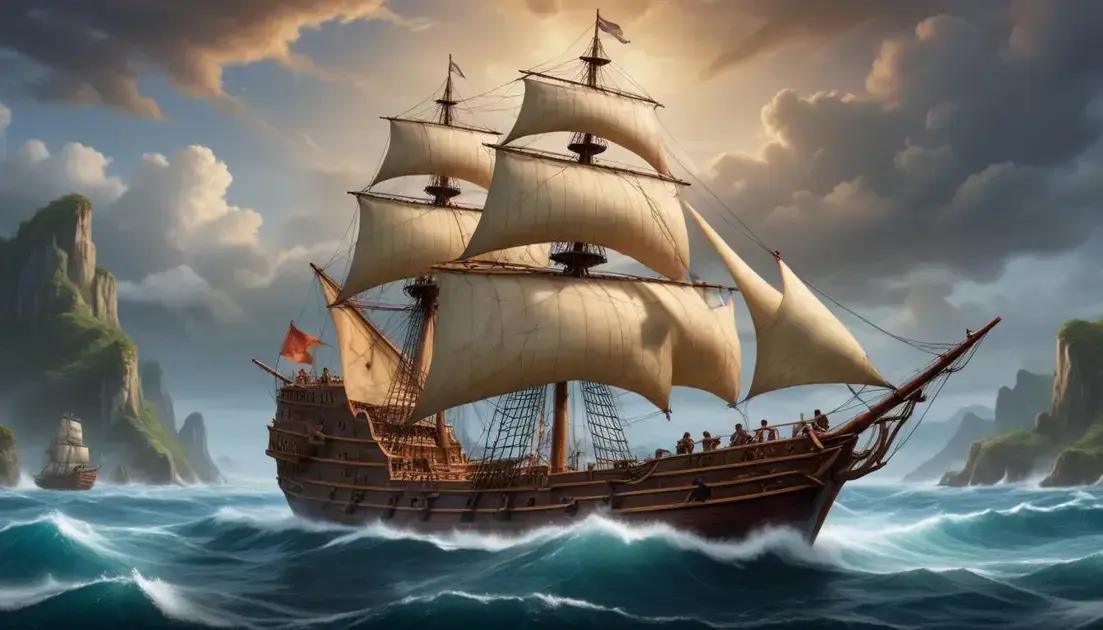
Ferdinand Magellan's expedition was a groundbreaking journey that changed global trade and navigation. By successfully circumnavigating the globe, Magellan proved the Earth is round…
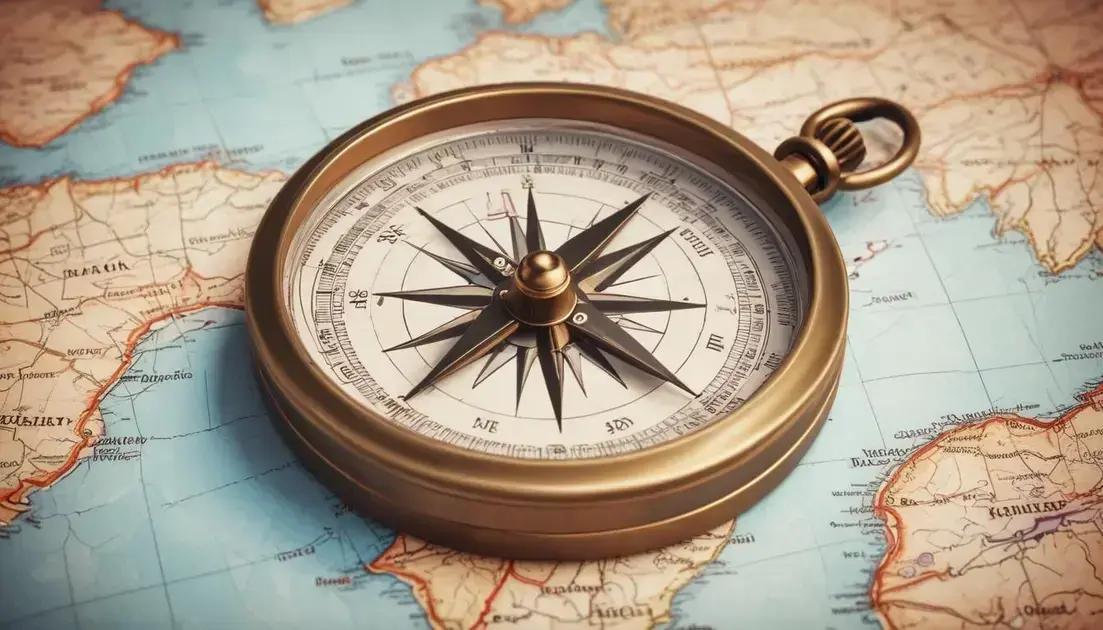
The compass is a crucial navigation tool that has transformed exploration since its invention. Historically significant for maritime and land travel, it helps users…

Space mining is emerging as a promising field, with both companies and governments investing in the extraction of valuable materials from asteroids. Technological innovations,…
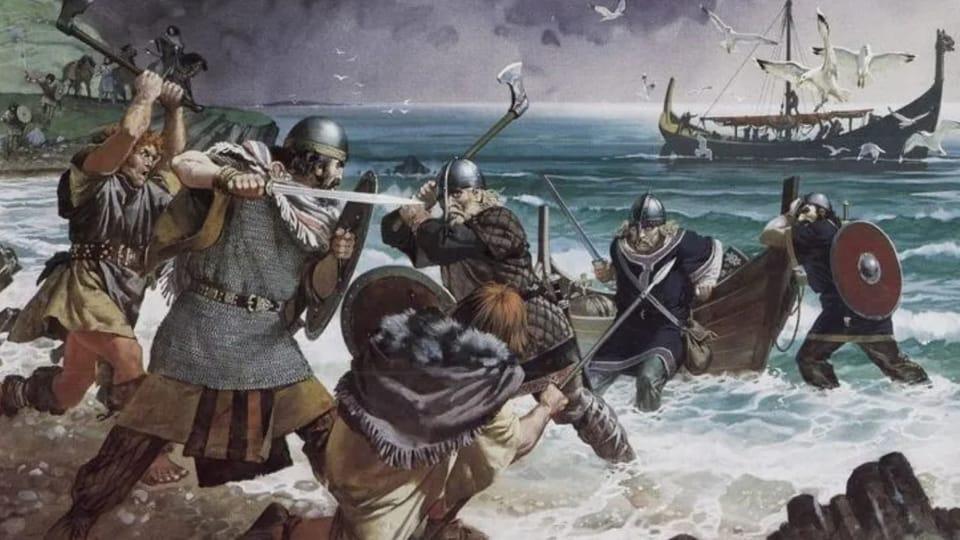
The Viking Age: Raiders, Traders, and Settlers – A Comprehensive Exploration The Viking Age, spanning from the late 8th to the mid-11th century CE,…
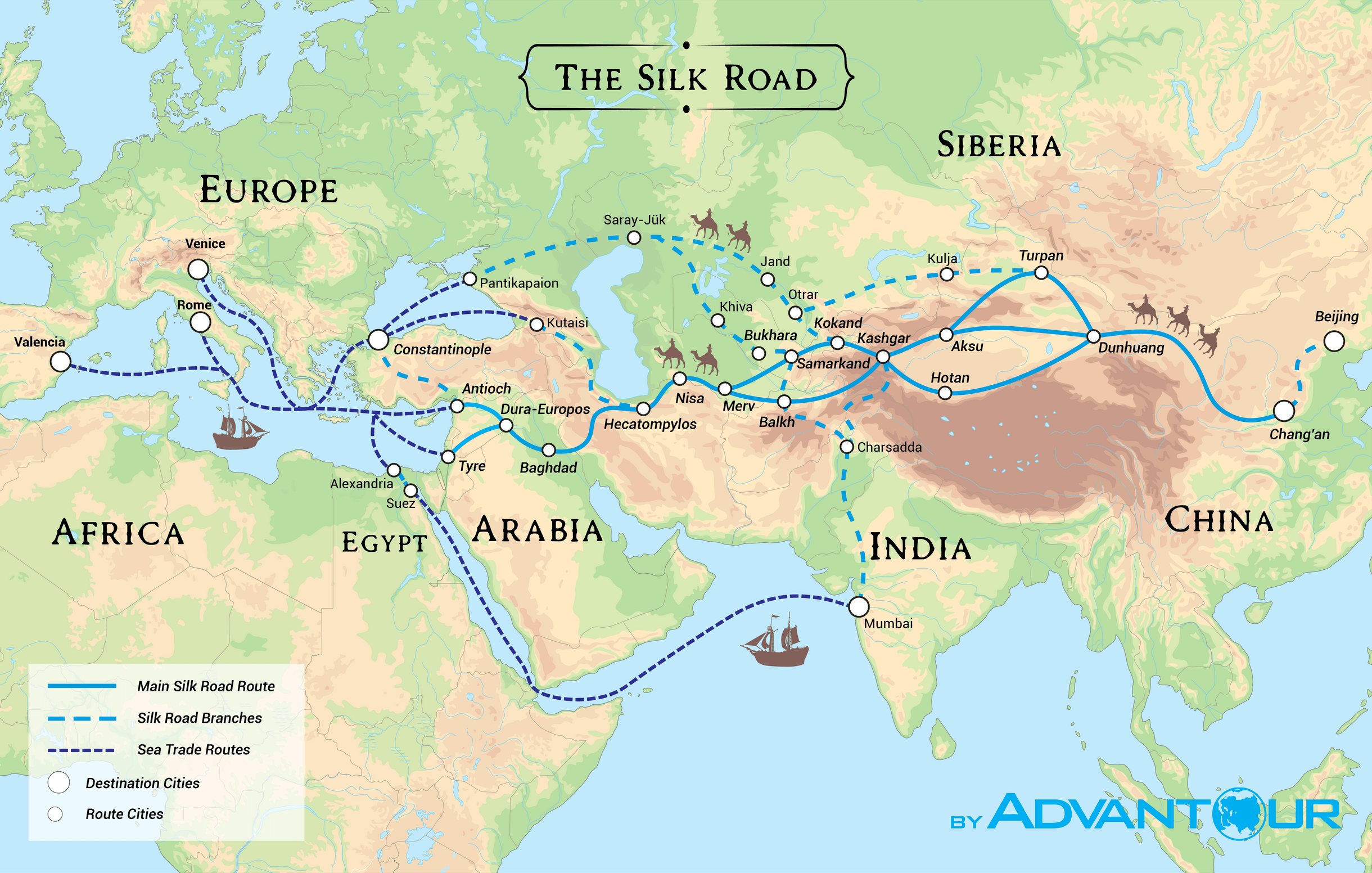
Introduction to the Silk Road: A Tapestry of Exchange The Silk Road, a sprawling network of ancient trade routes crisscrossing Eurasia, stands as a…
Receive exclusive content and promotions directly in your email.